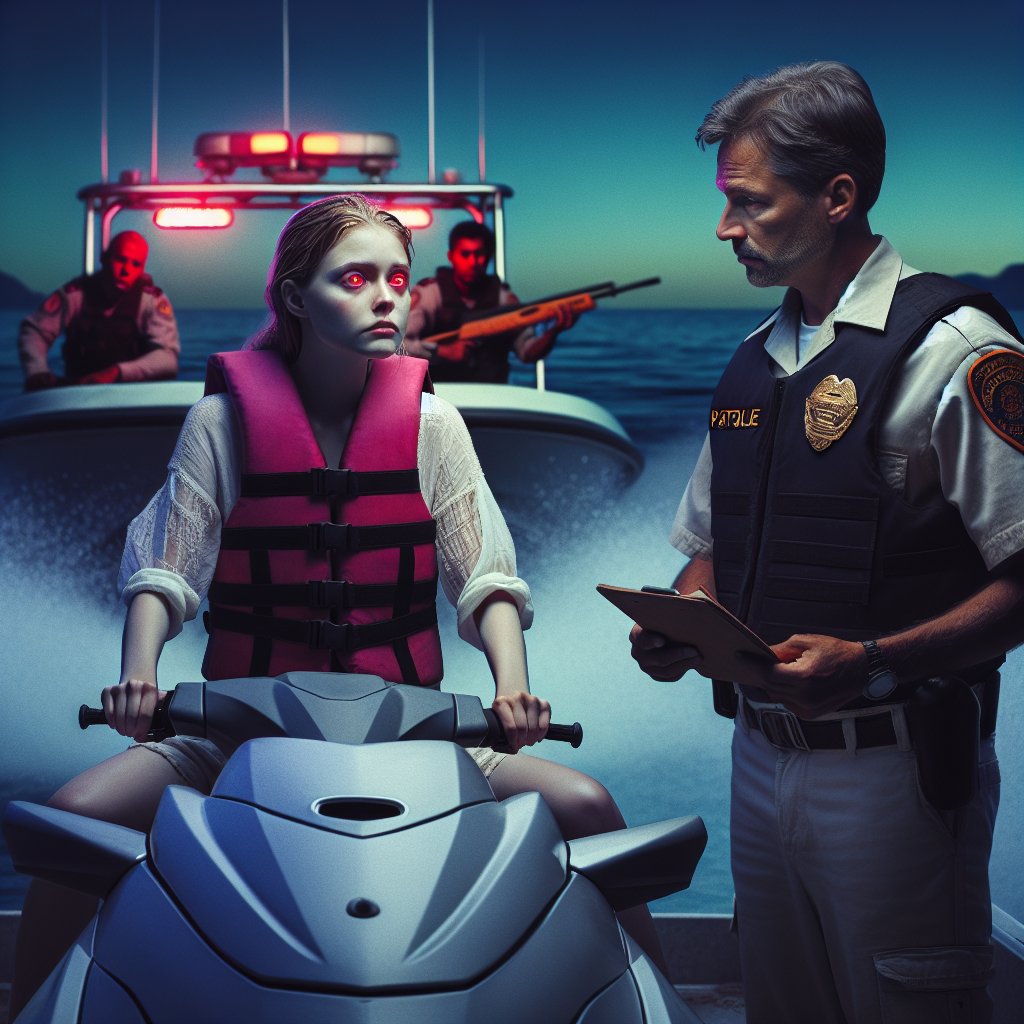Image: AI generated for illustration purposes
Instagram Model Accused of Jet Ski DUI Raises Questions on Field Sobriety Test Efficacy and Officer Conduct
In an unusual maritime encounter, a Florida Fish and Wildlife Conservation Commission (FWC) patrol confronted an Instagram model for operating her jet ski under the influence—an incident that has sparked considerable online debate. The model was detained after law enforcement asserted she appeared intoxicated due to bloodshot eyes and the scent of alcohol.
The incident began to unfold as darkness crept over the waterways—a time when jet skis should not be operational according to local ordinances. When the FWC officers stopped the Instagram star, requests for her identification, jet ski registration, and safety equipment compliance were swiftly followed by suspicions of inebriation, based not on her driving behavior but on her physical appearance and alleged odor of alcohol.
Community forums and social media discussions have raised a pertinent question: Are these indicators reliable proof of intoxication? The common counter-arguments include possible fatigue, stress, or allergic reactions as causes for red eyes, and the subjective nature of 'smelling alcohol' which does not definitively indicate one's BAC (blood alcohol content) level.
The officers' interrogation style has come under scrutiny, with some opining that the brusqueness of their approach could intimidate any individual, let alone one already under the stress of a law enforcement stop.
During the incident, the model is transitioned onto the patrol boat for what the officers referred to as a seated field sobriety test. Traditionally, field sobriety tests on land include physical tasks like walking in a straight line or standing on one leg—activities impractical on a floating vessel. This test seemed unconventional, including questions centered on the model's comfort level, a subjective measure subject to individual interpretation rather than a firm indicator of sobriety.
Despite this, the officers proceeded with parts of the test that are more common, such as the eye movement test known as the Horizontal Gaze Nystagmus. However, the efficacy of these tests is being questioned, as legal professionals ponder their value in courtroom settings.
Ultimately, the officers concluded that the model was unfit to safely operate her jet ski and took her into custody. This conclusion raises debates regarding the fairness of the field sobriety test, particularly in a non-standard environment such as the waterways, and the criteria used by officers to assess intoxication.
As the community questions the procedures and potential biases in this case, the broader implications for maritime law enforcement come into focus. This incident serves as a reminder to all watercraft operators to be mindful of local regulations concerning waterway use, understanding the potential for subjective interpretations of behavior by law enforcement, and the need for clarity in the enforcement of DUI laws on water, just as on land.










